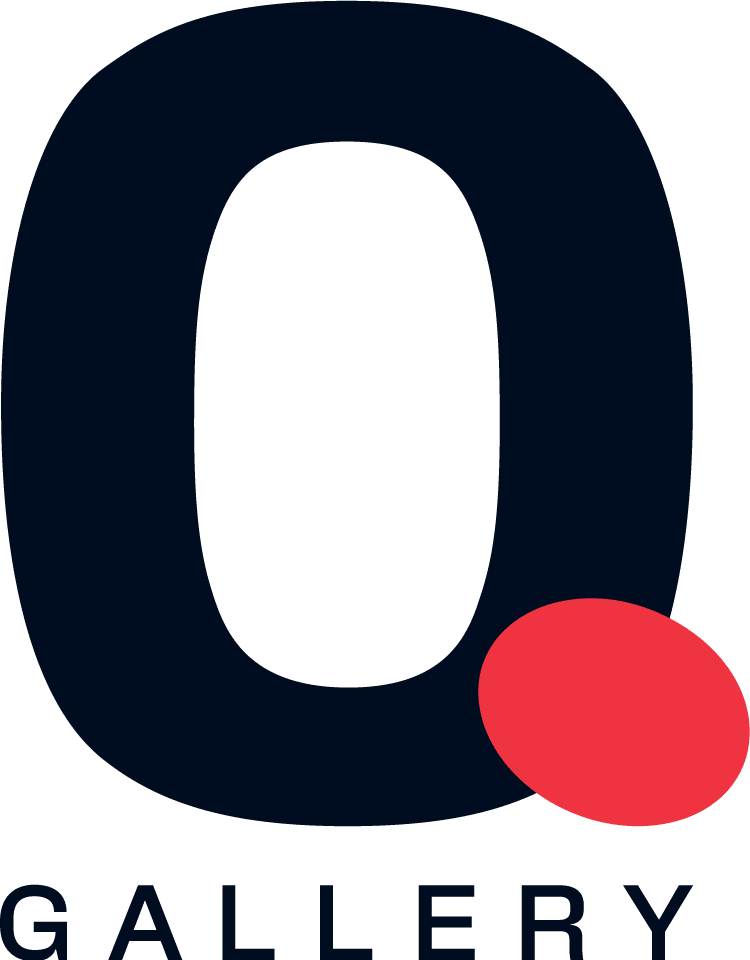The Filipino word “Banyuhay” translates into the idea of metamorphosis: a process that looks into the cycle of transformation. In this exhibition, three emerging artists are drawn to understand how the evolution of self transpires. Here, an evaluation of the forces that shape these changes is defined through different modes of representation. From reconstructing the past to employing symbols to depict oneself, “Banyuhay” presents quarter-life predicaments drawn from divergent conditions, which are now faced with similar crossroads. The individual accounts of Antonio Pastoriza, Kevin Roque, and MEATFIST gather parts of a generational dilemma that coincides with the constant transience in our contemporary lives.
The Filipino word “Banyuhay” translates into the idea of metamorphosis: a process that looks into the cycle of transformation. In this exhibition, three emerging artists are drawn to understand how the evolution of self transpires. Here, an evaluation of the forces that shape these changes is defined through different modes of representation. From reconstructing the past to employing symbols to depict oneself, “Banyuhay” presents quarter-life predicaments drawn from divergent conditions, which are now faced with similar crossroads. The individual accounts of Antonio Pastoriza, Kevin Roque, and MEATFIST gather parts of a generational dilemma that coincides with the constant transience in our contemporary lives.
Raised in Cebu, Antonio Pastoriza creates a series of collage-based paintings that merge text and image to form compositions, chronicling his attempts to remember the past. This recollection heavily alludes to the artist's formative years in Cebu and the changes that he had to endure when he moved to Manila for his university education and eventually stayed there. Pastoriza looks at this act of assembling images and manipulating them as a form of therapeutic expression. The process of arranging seemingly disconnected elements draws parallel to his attachment and detachment to sites and locations ---a way to make sense of recognizing its impact on his personal development. In doing so, the idea of exhibiting the works in Cebu acts as a homecoming, a way to put things back in order.
The graphite drawings of Kevin Roque reveal more than the artist's skill and present how, in his formative years, he lived in different places during his childhood. The dominant mood in his works depicts isolation and iteration in transformation. Feelings of abandonment and remoteness emit from works like “Mingaw”, where a house stands on stilts in a dark and gloomy setting. Roque’s relationship to drawing is fostered by the medium's portability and ease of access. Moving from one home to another, a permanent studio is out of the question, and so, the act of drawing becomes the only continuous activity in his life. The organic transformation of his subjects would leap from flower to bird, from fishbowl to balloon; these alterations unsheathe his personal feelings about home and belonging. The juxtaposition of two separate forms ties all the differences together to form a new life.
The problematic assertion of identity for someone raised in a third culture influences the works of MEATFIST. Born to an Indian father and a Filipino mother, MEATFIST was raised in Dubai, a city that prides itself on its openness compared to other countries in the Arab world. In this exhibition, he playfully uses portrayals of the body and land to take charge of his own identity. Third world cultures are constructed from the liberalization of economies and societies, usually formed by migrations due to economic advantages. MEATFIST reflects this history and particular concerns about how the appearance of a body can be attached to an identity. Such an image relies on the fact that these physical bearings do not hold qualifications to become a Filipino. In another work, he considers his kinship with Dubai and his desire to remain devoted to the three cultures he holds.
“Banyuhay” reconciles the internal struggles within the external brunt of a changing world. It is a cathartic process from introspections that resonates in the words of the art critic, Peter Schjeldahl: “It may not make you happy or good, but you’ll breathe free.”
GWEN BAUTISTA
Curator

